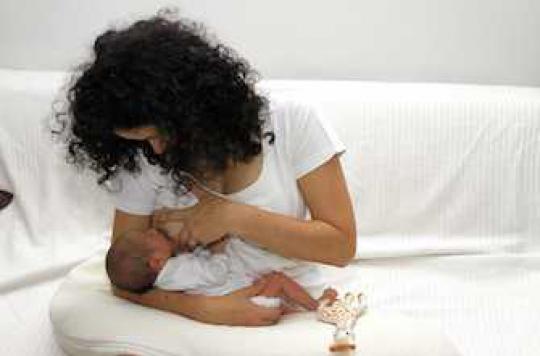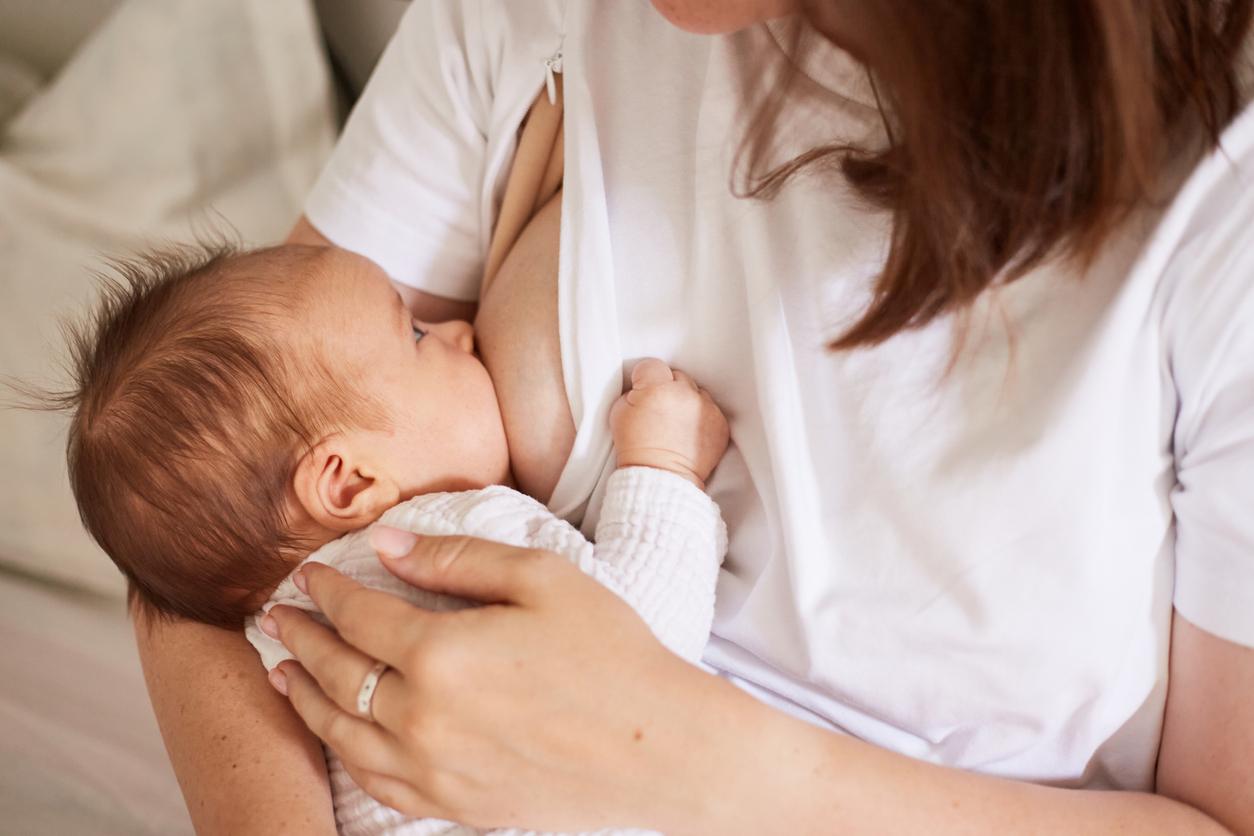Promoting breastfeeding would reduce the number of sick children and save money. According to a model. Economies, a healthy population, that is what the health systems of the world are aiming for.

In the UK, everything is good to encourage women to breastfeed, including offering vouchers. A model published in the British Medical Journal allows us to better understand why: by boosting the breastfeeding rate, which is very low on the other side of the Channel, the health system could make significant savings.
Gastrointestinal infections, ear infections
There are three arguments in favor of breastfeeding, according to this study: better immunized babies, healthy mothers, less spending on the British health service (NHS). The use of formula is associated with increased morbidity, the authors of this article establish. Gastrointestinal infections, lower respiratory tract infections, ear infections in children, necrotizing enterocolitis in newborns or even breast cancer in mothers would represent an annual cost of more than one billion euros.
If the NHS helped young mothers breastfeed for a minimum of four months, it could save £ 11m a year (€ 13m), thanks to a drop in common infections in infants. Gold, 6 weeks after childbirth, 55% of women are still breastfeeding, but only 23% exclusively.
Improve support for women who want to breastfeed
The authors of the article set ambitious goals: by doubling the rate of breastfeeding in the maternity hospital, the number of cases of necrotizing enterocolitis falls, according to their model. This translates to £ 6 million (€ 7.5 million) in less spending.
Encouraging long-term breastfeeding is also important for mothers: doubling the number of women breastfeeding between 7 and 28 months helps reduce the incidence of breast cancer. For the NHS, this represents a saving of 40 million pounds (50 million euros), in quality of life and in care.
However, there is no question of systematically pushing for breastfeeding. The authors of the article consider it preferable to help women who have already decided to breastfeed, by offering them an accessible and high-quality service. “This is very important because 80% of women who stop breastfeeding during the first weeks would have liked to continue longer,” they stress. “A rapid return on investment is realistic and feasible,” they add to decision-makers. Not to mention that for women, breastfeeding would promote the return to a normal weight and partially protect against postpartum depression by boosting the production of endorphins, the hormones of happiness.
.
















